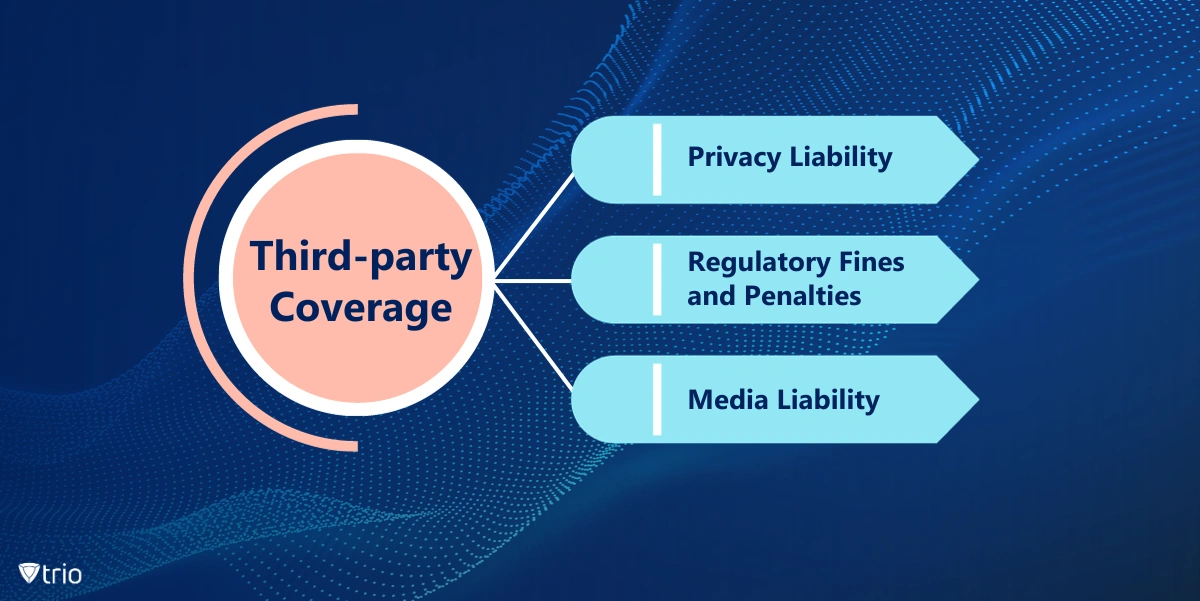output:What is network security liability insurance?
NSLI is a specialized form of insurance designed to cover the costs associated with data breaches, cyberattacks, and other network security incidents. It provides financial protection against third-party claims arising from such events.
Key Coverages Offered by NSLI:
-
Data Breach Response Costs:
- Forensic Investigation: Covers the cost of investigating the breach to determine its extent and identify the root cause.
- Notification Costs: Reimburses expenses related to notifying affected individuals, including mailing costs, call center services, and credit monitoring.
- Public Relations: Helps cover the cost of public relations and crisis management services to mitigate reputational damage.
- Legal Defense Costs: Provides coverage for legal fees and court costs associated with defending against lawsuits or regulatory actions.
-
Cyber Extortion:
- Ransomware Payments: In some cases, NSLI may cover ransom payments, although this is often subject to specific policy terms and conditions.
- Business Interruption: Compensates for lost revenue and additional expenses incurred due to system downtime or operational disruptions caused by cyberattacks.
-
Privacy Liability:
- Regulatory Fines and Penalties: Covers fines and penalties imposed by regulatory authorities for data privacy violations.
- Third-Party Claims: Protects against lawsuits filed by individuals whose personal information has been compromised.
Why is NSLI Important?
- Financial Protection: NSLI provides a financial safety net to cover the significant costs associated with data breaches and cyberattacks.
- Risk Mitigation: By transferring risk to an insurance carrier, organizations can focus on their core business operations.
- Regulatory Compliance: NSLI can help organizations comply with data privacy regulations, such as GDPR and CCPA, by providing coverage for potential fines and penalties.
- Reputational Protection: By mitigating the financial impact of a data breach, NSLI can help protect an organization’s reputation.
Key Considerations When Choosing NSLI:
- Policy Limits: Ensure that the policy limits are sufficient to cover potential losses.
- Coverage Exclusions: Understand the specific exclusions in the policy, such as intentional acts or failure to implement reasonable security measures.
- Deductibles: Consider the deductible amount and its impact on overall costs.
- Cybersecurity Requirements: Some insurers may require specific cybersecurity practices, such as regular security assessments and incident response plans.
By understanding the benefits and key considerations of NSLI, organizations can make informed decisions to protect themselves from the financial and reputational risks associated with cyberattacks.



